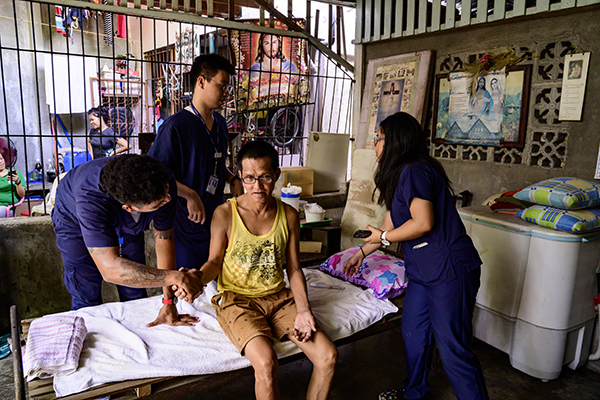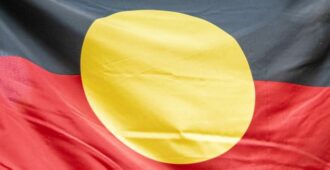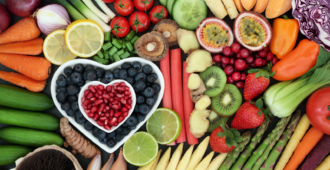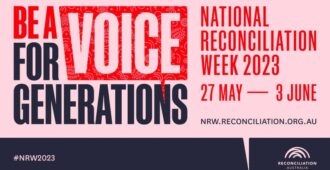
National Reconciliation Week kicks off this week, running from 27 May through to 3 June. It’s a time for all of us to learn about our shared histories, cultures, and achievements, and to explore how each of us can contribute to achieving reconciliation in Australia.
The theme for 2024, Now More Than Ever, is a reminder that no matter what, the fight for justice and the rights of Aboriginal and Torres Strait Islander people will —and must —continue.
There have been many moments in Australia’s reconciliation journey that make us want to turn away. But when an issue becomes divisive – as it often did during the referendum debate – the worst thing we can do is disengage or disconnect.
Reconciliation supporters must stand up to defend and uphold the rights of First Nations peoples, to call out racism wherever we encounter it, and to actively reinforce the voices of Aboriginal and Torres Strait Islander peoples across this continent.
“Now more than ever, there is an urgency to the work of reconciliation – to build a better nation that enacts and defends the rights of First Nations peoples to make our own decisions about our own lives and communities,” says Reconciliation Australia CEO Karen Mundine.
It’s a message echoed by Dr Scott Winch, the Sax Institute’s new Director of Aboriginal Health and a proud Wiradjuri man.
“The Sax Institute recognises the importance of National Reconciliation Week, particularly at this juncture in our history. We support the aspiration of Aboriginal communities in their efforts in nation rebuilding and are strongly committed to improving Aboriginal health and wellbeing through community-led research,” Dr Winch says.
“Our collaborations with Aboriginal and Torres Strait Islander communities enable and support communities in identifying key priorities to achieving better health and wellbeing outcomes. These community-led partnerships are very much at the heart of what we do.”
One new project that illustrates this commitment is a ground-breaking initiative developed in partnership between the Sax Institute, two NSW Aboriginal Community Controlled Health Services and leading researchers that will focus on boosting rates of breastfeeding among First Nations women and improving the health and wellbeing of many mothers and their babies.
Using decolonisation methods, this innovative project will surface new knowledge from First Nations’ understanding of how best to support Aboriginal women to initiate and maintain breastfeeding.
The Sax Institute’s commitment to reconciliation is also reflected in our first Reconciliation Action Plan (RAP), which was approved by Reconciliation Australia last year and can be found here. It outlines the steps we need to take to prepare our organisation for reconciliation initiatives and is an opportunity to reflect on how the Institute can contribute to reconciliation and champion the importance of listening to Aboriginal and Torres Strait Islander communities.
The RAP forms part of our long-term effort to develop a stronger awareness and shared understanding of Aboriginal and Torres Strait Islander peoples’ histories, cultures and practices. It describes our vision of an Australia in which “all Aboriginal and Torres Strait Islander peoples achieve their best possible health and have an equal opportunity to chart their own future”.
National Reconciliation Week features a range of events across Australia and online to mark Australia’s journey towards a more just, equitable and reconciled nation. These include a call to all singers and choirs to come together in song – find out more here.
For more on National Reconciliation Week events, click here.
For more on the Sax Institute’s collaborations to improve Aboriginal health, click here.
The Sax Institute acknowledges the Traditional Owners of the land, wherever we are, and Elders past and present.





